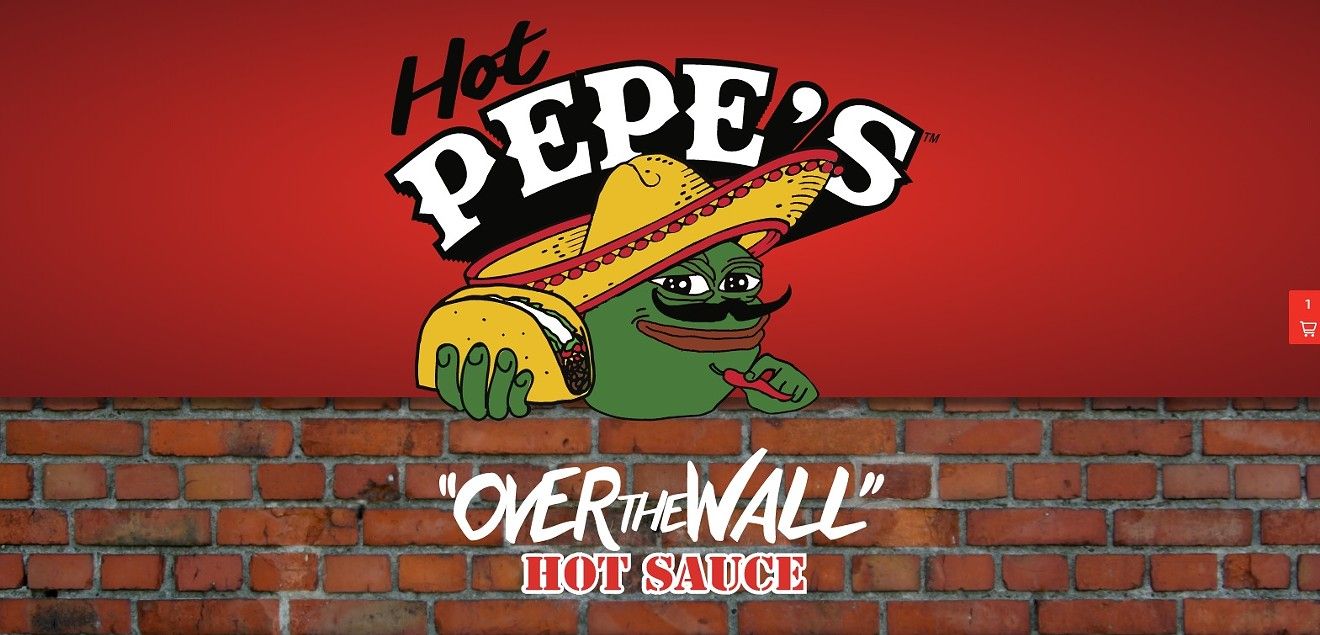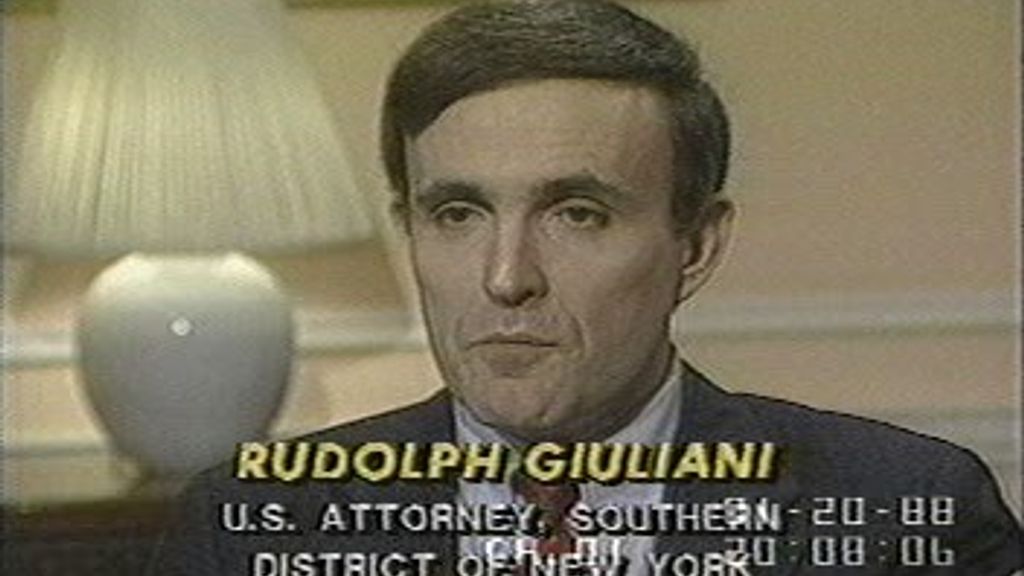Rapture #98: Spicey Takes for 2022

I have now seen two different posts lambasting how the 2022 crypto predictions are vanilla and consensus. Since I responded to both threads on Twitter, I thought I would reiterate my thoughts here.
There will only be a few Layer one Winners

Each layer one has its own distinct culture that attracts incredibly different developers. For example, the OG Ethereum developers care a lot more about decentralization than Solan developers or Avalanche developers. Furthermore, the developers on Tezos care more about on-chain governance and formal verification.
Each of these layer ones has their own ways to fund entrepreneurs building on their chain, from ecosystem funds to grants to VCs that specialize for that blockchain. Consequently, I believe that Layer Ones are far more like nation states, which each having their own distinct cultures, than an emergent interconnected global society, like if the UN had complete power over world governance.
These layer ones compete for developers to build applications on top of their chain, like governments compete for entrepreneurs to build companies in their countries. While countries do trade between one another, they don’t devote all their resources to making unrestricted free trade a priority globally, as they largely view other countries as competition.
Similarly, I do not think that the core developers of various layer ones have significant interest in building robust bridges, atomic swaps, and other functions that ensure value can transfer easily between chains. Like countries, where 5 nations comprise more than 50% of global GDP and two accounting for more than 15% each, only a few layer ones will become the main hubs for economic activity.
VC Funds and Founding Teams will go to war

So far, VCs and the founding teams of various projects tend to vote in tandem on all governance decisions. Considering we are less than 2 years out from seriously experimenting with DAOs as an organizational structure, the fact that VCs and founding teams are currently aligned makes sense.
Yet clouds are starting to form on the horizon. Everyone gets along when money is being made. It is when projects start faltering, and when the market must survive in a bear market, that the cracks between VC interests and founding teams will emerge. At the end of the day, VCs answer to LPs and must act in their best interest.
Specifically, I believe VCs and founding teams will significantly diverge in how they will want to return value to token holders. VCs will want to maximize token value in order to please LPs. They will push for policies such as token buybacks and more controversially, distributing earnings to token holders. Tokens will increasingly begin to look more and more like securities.
Founding teams, newly rich from their recent token liquidity events, will not want to increase the risk that they are pursued by regulatory agencies. Thus, they will be steadfast against policies that might increase token value but also increase regulatory risk.
Most of the Leading DeFi Players Today will be Obsolete Within 1 – 2 Years

If you started a DeFi project in the past two years and launched a token, you are stacked. Just ask Kain Warwick, who has been buying some reasonably sized houses with his crypto winnings.
You know what happens when people get stacked? They tend to get more risk averse, especially if the space they built in is notorious for being in a regulatory gray area. Most of the leaders of DeFi have started their own venture funds, like Compound’s Robert Leshner with Robot Ventures, or joined existing VCs as partners, like Aave’s Stani Kulechov with Variant. Furthermore, the SEC has made it very clear that they will take enforcement actions of those who fail to follow the law (though they did not offer clarity on what they interpret the law to be). The OG DeFi innovators now have more projects to focus on beyond what they originally started, and they don’t want to spend years in lawsuits when they can enjoy their noveaux rich status.
Finally, most of the major DeFi applications will be commoditized. Nearly all are open source, ensuring that the projects within a sub-sector can easily be replicated. It took SushiSwap approximately a year to become the #1 competing DEX next to Uniswap after their vampire attack. While brand does play a role, the user bases of these various DeFi applications are relatively small. Aave for example currently has less than 2,000 MAUs. None of the user bases are very sticky, as they are loyal to wherever the best yield or ROI is. Consequently, I don’t see any way that a DeFi application can have any moat without owning some portion of the user experience.
Criminal Indictments

SEC Chairman Gary Gensler, Treasury Secretary Janet Yellen, and Senator Elizabeth Warren have all sounded the alarms on crypto. Additionally, the SEC is already investigating Uniswap with a civil (f0r now) inquiry.
As more money is lost during a bear market sometime this year, there will be less widespread retail support for crypto, giving regulators the public cover they need to go after various crypto teams. From their perspective, "asking nicely" has not worked as a strategy, and neither has public threats. Furthermore, various crypto entrepreneurs, such as Ryan Selkis, have chosen the war path of inflammatory remarks towards the regulators, especially in his Crypto Theses for 2022. While Ryan Selkis was early, he does not yet have Elon Musk untouchability status and I do believe poking at a bear tends to anger the animal.
Finally, the richest under 30 year old in crypto founded one of the most active market making firms and also one of the largest exchanges, which has a clear potential of having some conflicts of interest. He likely funded both of those businesses via two different ICOs, FTT and SRM. Additionally, FTX has continued to flash money, which undoubtedly brings attention to the venture. There are many low hanging fruit in the crypto industry that would be career making cases for ambitious regulators, just like Drexel Burnham was in the 1980s for Rudy Giuliani. I might be a year or two early on this prediction, but I do think the regulatory backlash is inevitable.
